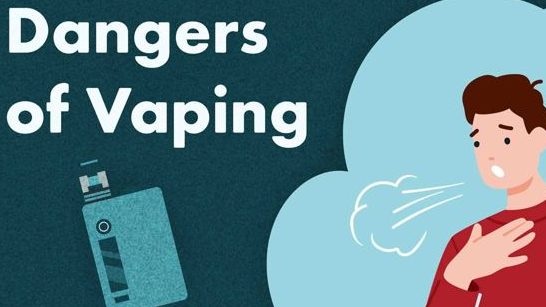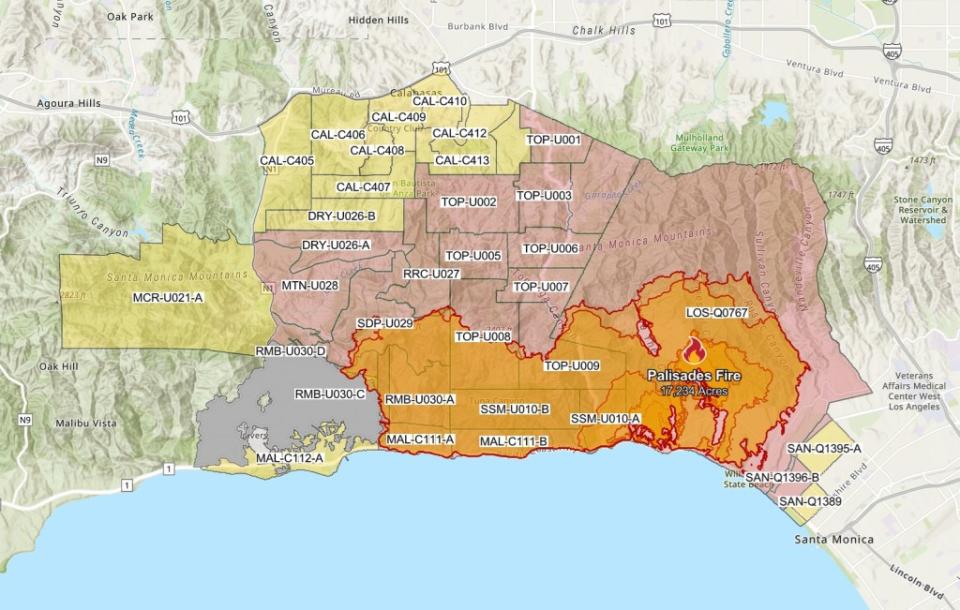Criminology is the scientific study of crime, criminal behavior, and the individuals who commit it. It encompasses a wide range of topics, including the causes of crime, its effects on society, and strategies for prevention and rehabilitation. Unlike the general study of crime, criminology also focuses on understanding the underlying factors that drive criminal behavior and identifying effective measures to prevent and correct it. Criminologists pay close attention to even the smallest details—such as a single thread from a suspect’s clothing or traces of evidence at a crime scene, such as a note—using these clues to help solve cases and bring offenders to justice.
There are many different fields of criminology. Jobs range from judges to forensic science technicians. The highest-paying job is that of a judge. Judges earn around $128,710. They lead court trials, research legal issues, make informed decisions, and determine sentences for individuals. To become a judge, you must have a law degree, work as an attorney, pass an exam issued by the U.S. Office, and obtain additional licensing. The second highest-paying criminology job is that of an attorney. Attorneys also enjoy a high-paying salary of about $127,990 annually. Some of the main duties of an attorney are to provide legal guidance to individuals, determine how to resolve cases, prepare pleadings, and represent clients during proceedings. To become an attorney, you must receive a bachelor’s degree, complete law school, and pass the Law School Admissions Test.

Criminology and criminal justice are both distinct fields but are closely linked. While criminology studies the mind of a criminal, criminal justice allows us to gain a deeper understanding of how and why legal decisions are made. Compared to criminology, criminal justice focuses more on investigating, prosecuting, and punishing illegal acts. Criminal justice aims to reduce crime by punishing those who break the law. It works to protect all members of society and plays a critical role in preventing violence. Ultimately, it’s a necessary tool for maintaining a fair, civil structure.
Criminologists are important because they help make communities safer and improve the justice system. This job offers many different careers, from working with the police to helping victims and conducting research. This important role specializes in areas like cybercrime, homeland security, or juvenile justice. Some important skills you would need to succeed as a criminologist include writing reports, interacting with people, and speaking in court. You would need to have a deep understanding and empathy toward victims, work toward helping those in need, and collaborate with other professionals like police, lawyers, and social workers.
These are some of the reasons why criminology could be a good career choice for you. If you are interested in human behavior and want to impact your community positively, then you may consider a criminology job that could fit you. Another great thing about criminology is that it has many diverse sections that may fit you better than others, so it is quite flexible. It requires you to develop a thorough understanding of the mind of a criminal and involves extensive research, investigation, and understanding of the law. Criminology could also open many doors for your career path.
You may not have known what the term criminology was until you read this article. There are a few different jobs in this field. But you may not know that even the most popular jobs, such as police officers, fall into the category of criminology. Police officers fall under criminology because they fight crime, and since their job involves crime, it is included. Criminology is a field with many diverse roles that you could play that would suit you best. Criminologists not only hold high-paying jobs; they also help make this world a safer place to live in.
This article was possible thanks to…
https://www.umt.edu/blog/putting-your-degree-to-work/why-major-in-criminology.php
https://legalcareerpath.com/highest-paying-criminology-jobs/



























